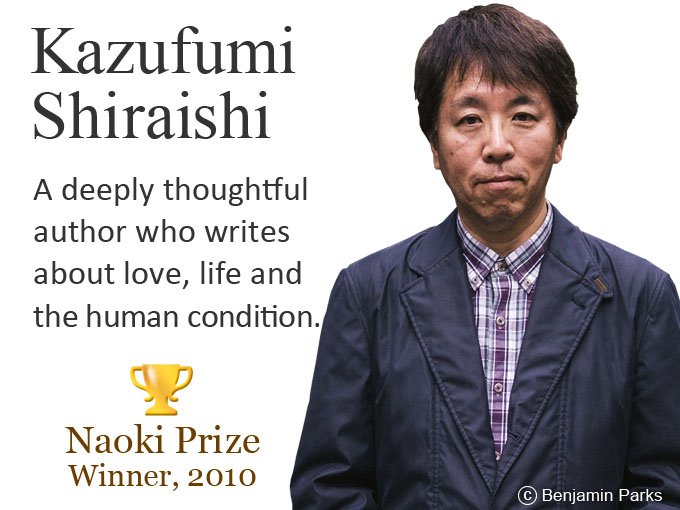In 1932 Japan sent a large team of 115 men and 16 women to the Los Angeles Summer Olympics. They performed extremely well, winning 7 gold, 7 silver, and 4 bronze medals. Japan’s success at this Olympics did not just generate nationalistic pride at home; it also produced one of Japan’s first Olympic literary works, a bestselling novella by Hidemitsu Tanaka (1913-1949), Orinposu no Kajitsu, The Fruits of Olympus (1940).
Tanaka was an Olympic rower who at the age of 19 competed in the Men’s Coxed Eights. He and his Olympic crew didn’t bring back any medals from the games. But the Olympic experience led to Tanaka’s novella, which unlike his Olympic feats was a major success, creating its own narrative milestone.
The Fruits of Olympus, a rites of passage novel about unrequited love, is the tale of a young moody athlete, also a rower, leaving his country and representing it on the Los Angeles Olympic stage. It is not a tale of the fruits of success.
The Fruits of Olympus is not your typical Japanese sports book with an individual becoming a national hero by overcoming every challenge faced through extreme hard work and diligence. Much of the short novel takes place on the boat journey from Japan to the games in the United States.
The novella, a semi-autobiographical I-novel style work of autofiction, follows Sakamoto, a university rower who doesn’t enjoy all aspects of being part of his Olympic team. The rowers life takes on new meaning, however, during the boat journey to America on which a female athlete (an 18 year-old high jumper) catches his eye and he falls for her.
The Fruits of Olympus articulates the anxiety of youth struggling with young love, authority, peer-pressure and expectations. Rowing success is elusive, Sakamoto’s efforts are fruitless and he returns to Japan without fulfilling his dreams; and is unable to rise to the challenge of even telling the high jumper how he feels.
The Fruits of Olympus was initially published in a literary magazine, Bungakukai, but became more popular in book format, according to academics, after Japan’s defeat in the Second World War – especially among schoolboys.
Perhaps, as some academics have argued, Sakamoto’s international failure, his skepticism about the strategy and approach adopted, and his inability to articulate his feelings, including those of defeat, reflected how many felt in post-war Japan.
Since its publication in 1940: popular Japanese sports have diversified to include diving and football as well as rowing; and Japan’s Olympic literature has also evolved in a way that would undoubtedly have surprised but perhaps also delighted Tanaka.
Japan’s ‘first’ Olympic Book, ‘The Fruits of Olympus’, was published in 1940
[UPDATED: 3-1-2023]
© Red Circle Authors Limited
Japan’s ‘first’ Olympic Book, ‘The Fruits of Olympus’, was published in 1940
Posted by

